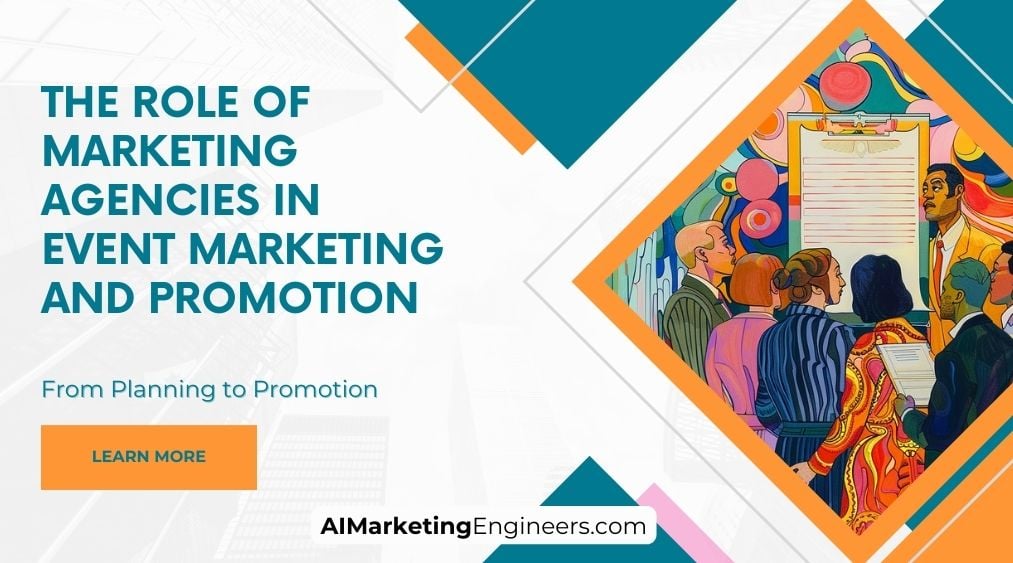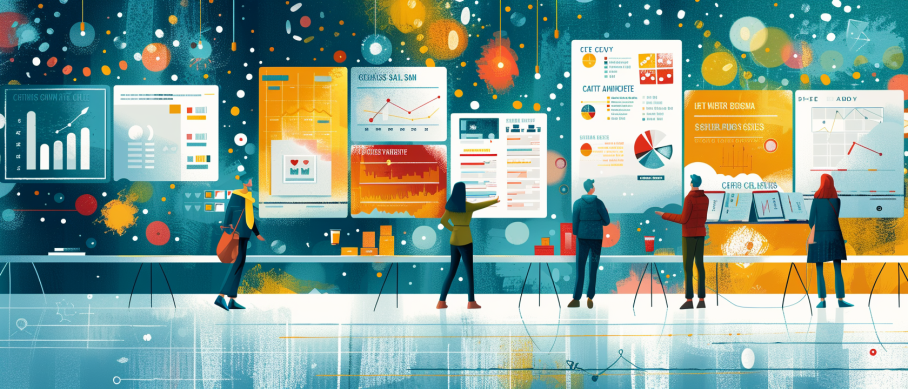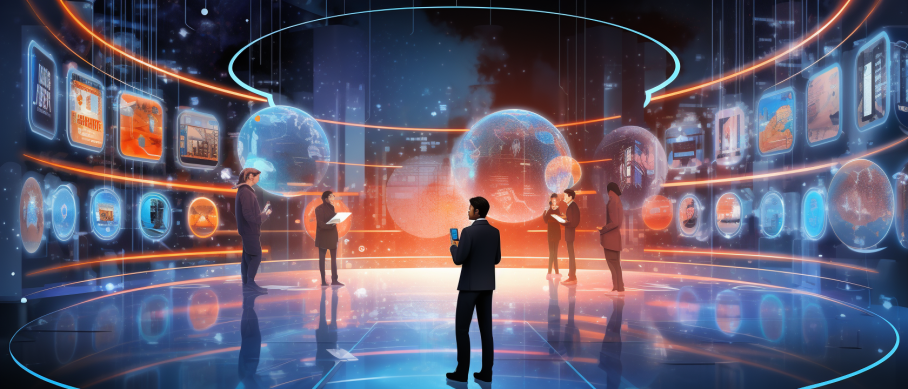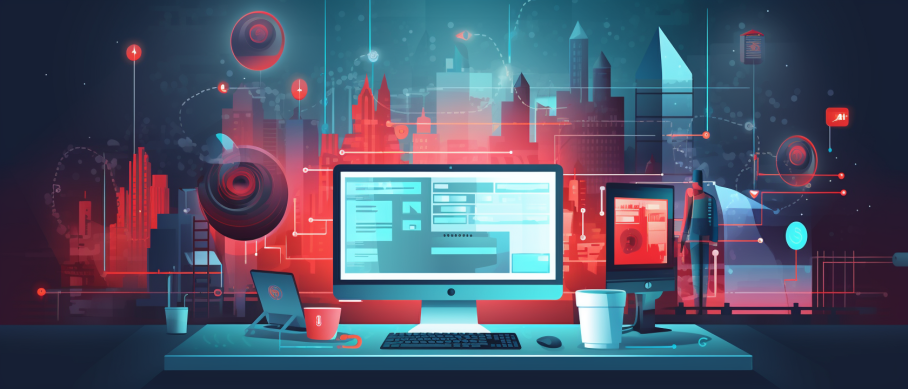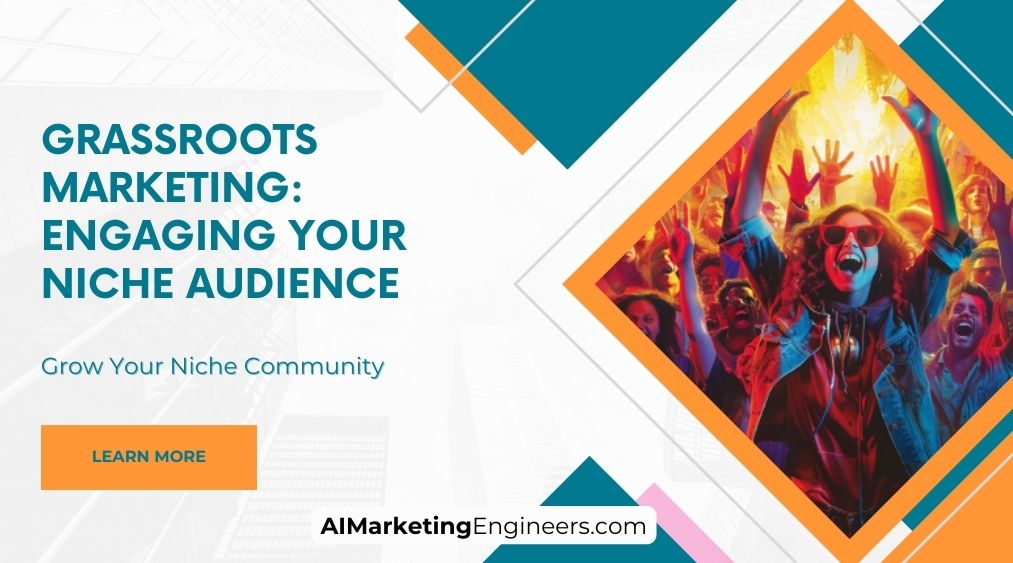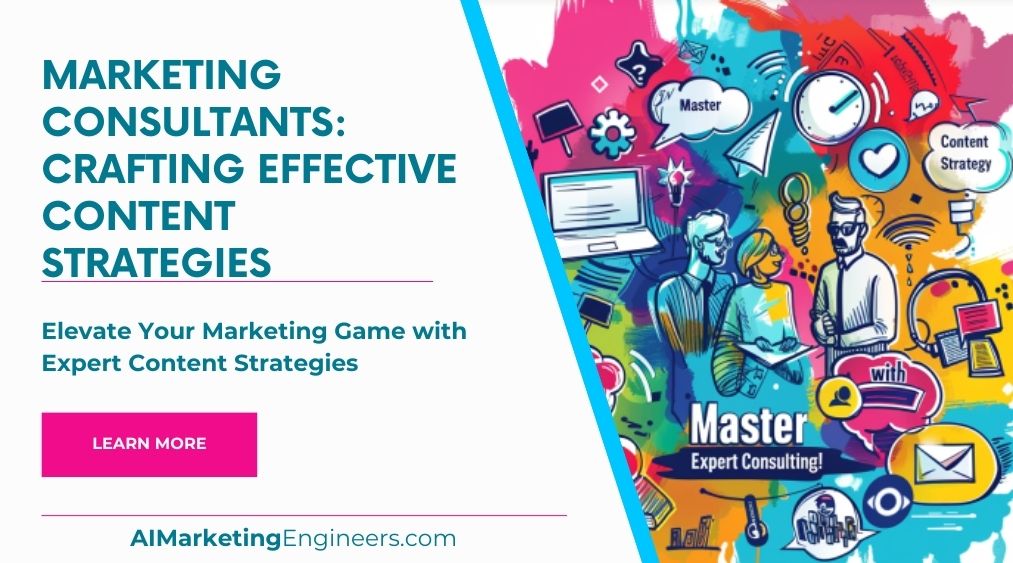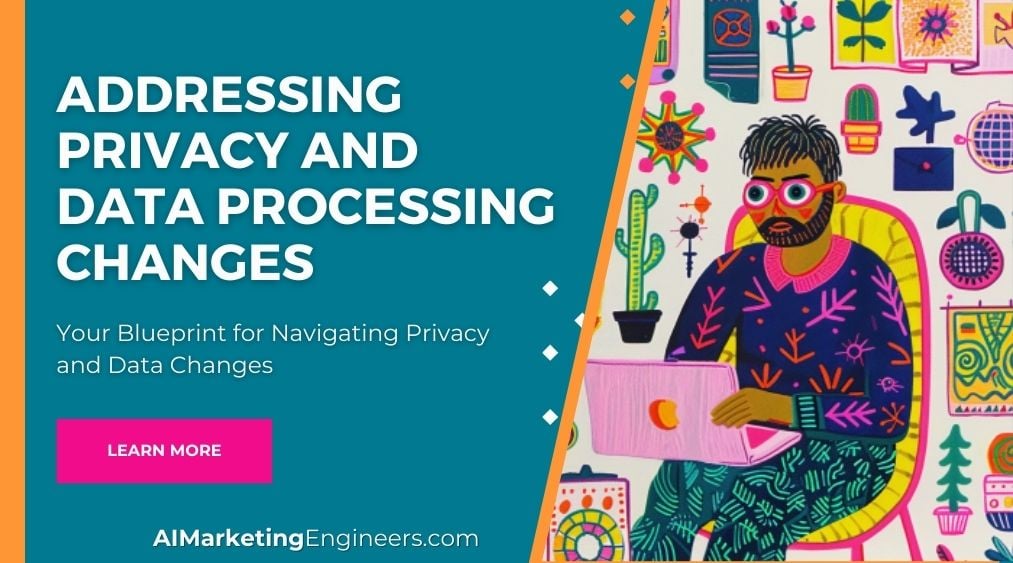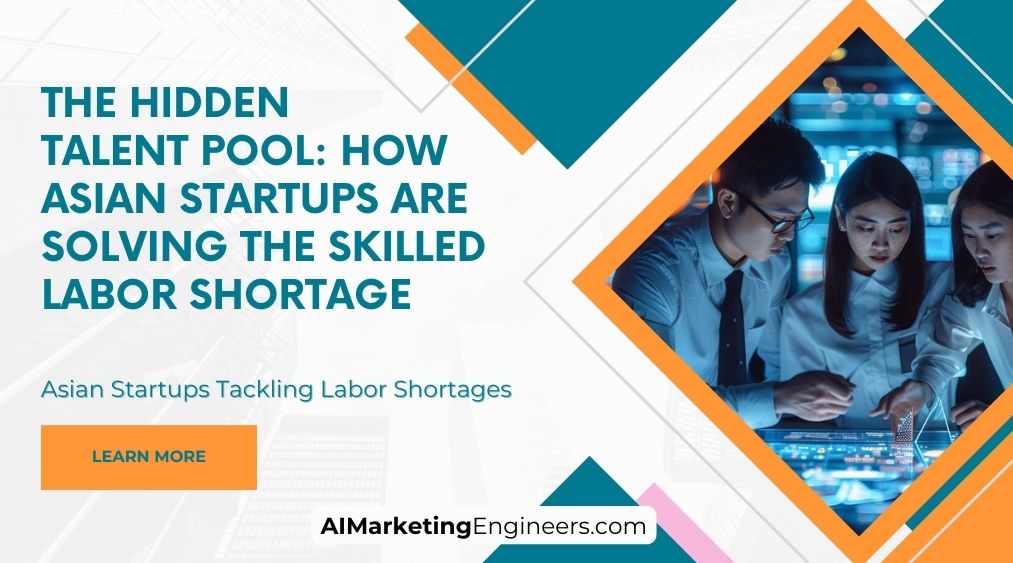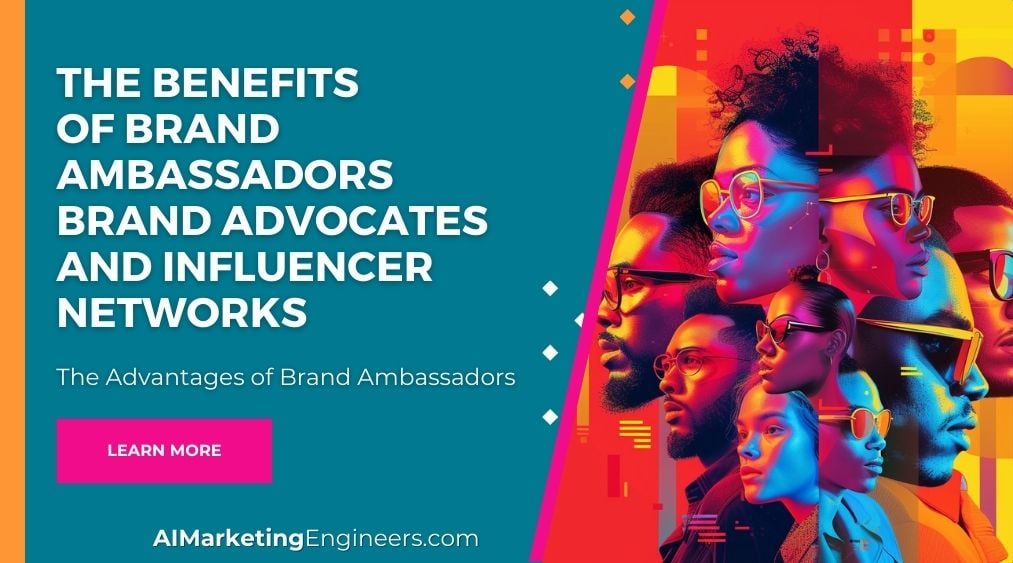Key Takeaways
✅ Strategic Event Conceptualization and Planning: Marketing agencies help clients plan events that align with business objectives by defining goals, creating buyer personas, and developing a unique event strategy. This ensures events resonate with attendees and achieve desired outcomes.
✅ Creative and Engaging Event Experiences: With expertise in design and audience engagement, agencies create memorable and immersive event experiences. These unique event formats and interactive sessions can significantly boost brand loyalty and word-of-mouth marketing.
✅ Data-Driven Event Measurement and Evaluation: Agencies use data analytics to measure event success, tracking metrics like attendance, lead generation, and ROI. These insights help clients optimize future events and improve overall marketing strategies.
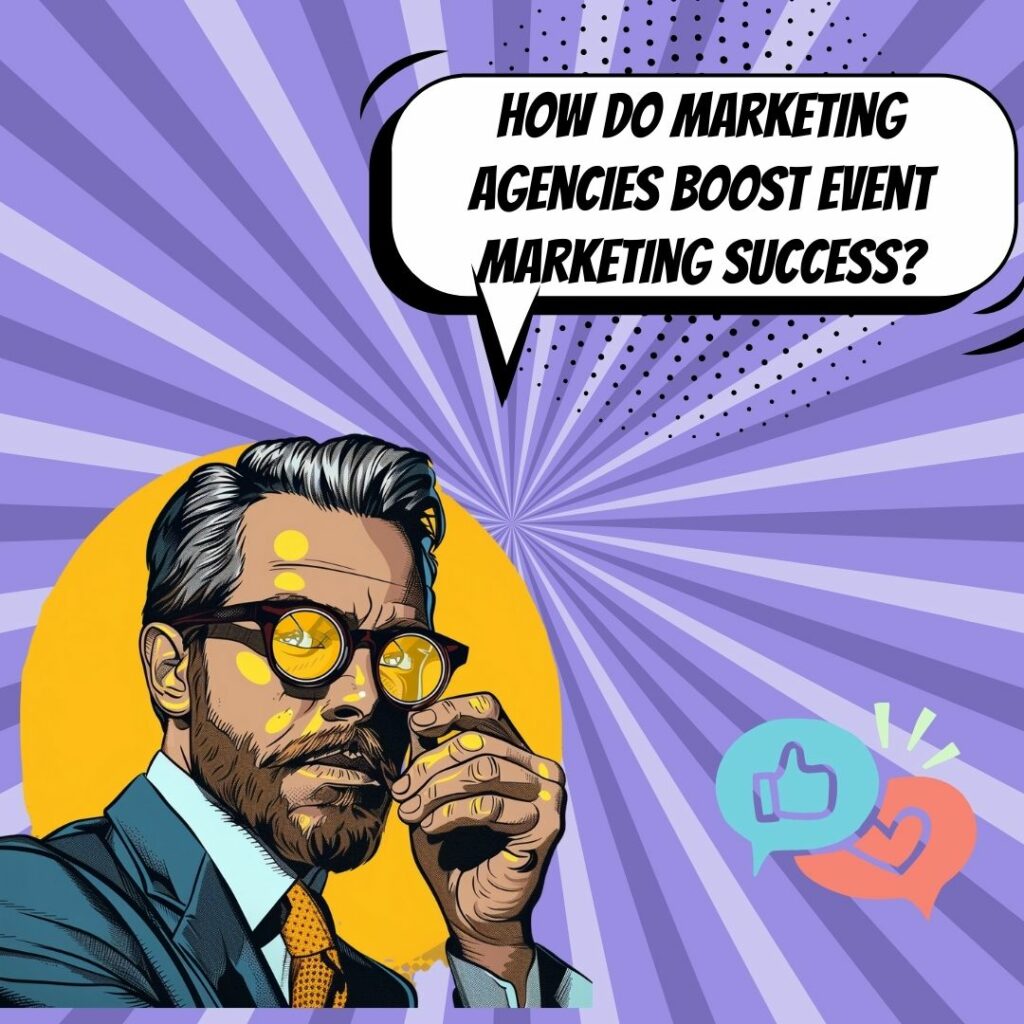
Introduction
Marketing agencies play a crucial role in the success of event marketing and promotion, leveraging their expertise to maximize attendance, engagement, and overall impact. From planning and strategy to execution and follow-up, these agencies bring a wealth of knowledge and resources to ensure that events not only meet but exceed expectations. Their comprehensive approach covers every aspect of event marketing, from digital campaigns and social media buzz to on-the-ground promotions and post-event analysis, making them indispensable partners in the event planning process.
In an increasingly competitive landscape, standing out and drawing a crowd requires more than just a good idea; it demands strategic planning and flawless execution. Marketing agencies specialize in creating buzz and excitement around events, using innovative techniques and platforms to reach and engage target audiences. By partnering with a marketing agency, businesses can focus on delivering a memorable event experience while leaving the intricate details of promotion and audience engagement to the experts. This collaboration not only enhances the event’s visibility and impact but also ensures a higher return on investment.
Top Statistics
| Top Statistics | Insight |
|---|---|
| Event Marketing Industry Growth: The event marketing industry is expected to grow to $36.31 billion by 2026, with a compound annual growth rate (CAGR) of 12.96% between 2021 and 2026. | This significant growth underscores the importance of investing in event marketing strategies to capitalize on expanding opportunities. |
| Shift to Hybrid Events: 90% of event organizers believe that all large-scale events will be remote or hybrid over the next two years. | The pivot towards hybrid events highlights the need for versatile marketing agencies equipped to manage both virtual and in-person experiences effectively. |
| Increased Investment in Live Events: 63% of marketers plan to invest more in live events over the next year. | As the interest in live events grows, marketing agencies have a prime opportunity to showcase their expertise in creating memorable live experiences. |
| Importance of Event ROI: 95% of events teams prioritize demonstrating event ROI. | This statistic emphasizes the crucial role of marketing agencies in proving the value and effectiveness of event marketing spend through clear, measurable outcomes. |
| Attendee Engagement: 71% of marketers agree that the effectiveness of content marketing increases with an incorporated event marketing strategy. | Aligning content strategies with event marketing efforts could significantly boost overall engagement and effectiveness, indicating a synergy that marketing agencies can leverage. |
Understanding the Importance of Event Marketing
In the digital age, brands are constantly seeking ways to stand out and leave a lasting impression. Event marketing is key in achieving this goal by creating unique and engaging experiences. Such marketing strategies not only elevate brand presence but also connect with audiences on a personal level. Effective event marketing enables brands to realize their marketing goals and foster deep relationships with customers. These events provide a platform for direct interaction, allowing for immediate feedback and engagement. Additionally, well-executed events can generate buzz and word-of-mouth promotion, extending their impact beyond the event itself. In an increasingly digital world, live events offer a tangible touchpoint that can significantly enhance brand loyalty.
Key Factors in Choosing an Event Marketing Agency
When selecting an event marketing agency, consider various pivotal factors. Begin by evaluating the agency's portfolio to understand the diversity and scale of events they have handled. Next, assess their approach to planning and marketing to ensure it aligns with your brand's objectives and target audience. An agency's technological savvy is crucial; look for their expertise in leveraging the latest trends. Communication and project management skills are essential for a stress-free partnership. Finally, focus on cultural fit and shared values to achieve harmonious collaboration and inquire about their industry connections for better vendor rates and unique venues. It's also important to consider their experience in your specific industry, as this can provide valuable insights and a tailored approach. Furthermore, reviews and testimonials from past clients can offer additional assurance of their capability and reliability.
Leading Event Marketing Agencies
Some of the top names in event marketing include Digital Quester, known for their personalized campaigns through paid advertising and partnerships with top content creators. WEGROW AGENCY LIMITED offers comprehensive event management services, ensuring all aspects are seamlessly handled. inBeat focuses on personalized event marketing campaigns and strategic partnerships to maximize reach and engagement. George P. Johnson (GPJ) merges cutting-edge technology with data-driven strategies to create impactful events. Faulhaber Communications integrates PR with digital marketing for multi-channel campaigns that reach broad audiences. Faulhaber Agency boasts over 20 years of experience in creating bespoke events that leave a lasting impression. Patch Marketing excels in data-driven event marketing and exceptional client integration. These agencies have built strong reputations through consistent delivery of successful, high-impact events. Their diverse portfolios demonstrate their ability to adapt and innovate across different industries and event types.
Comprehensive Services Offered by Event Agencies
Event marketing agencies provide a range of services including event management and production to ensure seamless execution. Experiential marketing campaigns are designed to elevate audience engagement and create memorable experiences. Digital engagement and social media integration are crucial for reaching a broader audience and enhancing event visibility. Staffing and program management handle the logistical aspects, ensuring smooth operation from start to finish. Sponsorship and partnership activation enhance event value and provide additional revenue streams. Post-event services like data analysis and feedback collection measure success and inform future strategies. These comprehensive services ensure that every aspect of the event is professionally managed and optimized for maximum impact. The use of advanced analytics and feedback mechanisms also helps in continuously improving event effectiveness and ROI.
Benefits of Partnering with Event Marketing Agencies
Partnering with an event marketing agency brings numerous benefits. It saves time and resources by outsourcing the planning and execution phases, allowing businesses to focus on their core activities. Agencies provide access to a vast network of vendors and industry connections, often securing better rates and unique opportunities. Moreover, they utilize the latest trends and technologies to take events to the next level, ensuring they are innovative and engaging. Their personalized and targeted marketing strategies result in better engagement and increased brand visibility. Collaborative efforts lead to unforgettable experiences that enhance a brand's reputation. These partnerships also offer scalability, allowing businesses to execute small or large events with equal efficiency. Additionally, agencies often provide post-event analysis and insights, helping businesses learn and improve from each event.
By considering these factors and choosing the right agency, brands can turn potential challenges into remarkable opportunities. Effective event marketing not only achieves business goals but also creates memorable experiences for audiences. The strategic collaboration with an experienced agency can lead to successful events that significantly boost brand awareness and customer loyalty. This holistic approach ensures that events are not just a one-time success but a long-term investment in brand building.
AI Marketing Engineers Recommendation
Recommendation 1: Leverage Marketing Agencies for Data-Driven Audience :Segmentation: Marketing agencies have access to advanced tools and analytics that allow for precise audience segmentation. By using these tools, agencies can identify specific target demographics that are more likely to engage with your event. A 2022 survey, according to Statista, shows that 76% of marketers consider data-driven decisions pivotal in increasing event engagement. Utilizing these insights enables more tailored marketing efforts, ensuring that promotional activities resonate with the intended audience.
Recommendation 2: Embrace Social Media Strategies Supported by Agencies: Social media continues to be a primary channel for event promotion. Marketing agencies can craft strategic social media campaigns that align with current trends such as influencer partnerships and interactive content. Recent data from Hootsuite indicates that 4.59 billion people were active social media users in 2022, highlighting the platform's vast reach. Agencies can identify the right influencers and create compelling content that not only increases visibility but also drives attendance. This strategic approach ensures high engagement and effective brand communication.
Recommendation 3: Utilize Advanced Event Promotion Tools Offered by Agencies: Marketing agencies often have access to sophisticated promotional tools that can significantly enhance event marketing efforts. Tools such as Customer Relationship Management (CRM) systems and marketing automation platforms streamline event promotion processes. A recent report from Grand View Research indicates that the CRM market is projected to grow at a compound annual growth rate (CAGR) of 13.3% from 2021 to 2028. These tools facilitate personalized communication with potential attendees, automate follow-ups, and provide real-time analytics to gauge campaign effectiveness, ensuring a seamless and impactful promotional strategy.
Relevant Links
- Discover the essential key factors for setting impactful campaign goals and marketing objectives
- Unlock the secrets of market penetration by mastering Campaign Reach and Audience Size strategies
- Discover how personalized advertising and custom campaigns can transform your marketing efforts
- Unlock the secrets to boosting your design quality and effectiveness with creative optimization
Conclusion
marketing agencies are indispensable partners in event marketing and promotion. Their ability to craft targeted strategies, execute comprehensive campaigns, and analyze results ensures that events achieve their goals and generate meaningful returns. By leveraging their expertise, businesses can enhance their event's visibility and impact, driving higher attendance and deeper engagement.
Moreover, marketing agencies bring a fresh perspective and innovative ideas to the table, helping businesses break through the noise and capture the attention of their audience. This creative approach not only boosts the event's success but also enhances the overall brand image, leaving a lasting impression on attendees. The collaboration with marketing agencies often results in a more polished and professional event, reflecting positively on the brand.
Ultimately, the strategic partnership with a marketing agency allows businesses to maximize the potential of their events. From pre-event buzz to post-event analysis, these agencies ensure that every detail is handled with precision and creativity. This comprehensive support not only alleviates the burden on internal teams but also elevates the event to new heights, ensuring a memorable and impactful experience for all involved.
FAQs
Question 1: What is the primary role of a marketing agency in event marketing?
Answer: The primary role of a marketing agency in event marketing is to create and execute strategies that promote events effectively, engaging the target audience, and achieving the desired outcomes such as lead generation, brand awareness, and sales conversion.
Question 2: What are the key skills required for an event marketer?
Answer: Key skills for an event marketer include creativity, problem-solving, and the ability to understand full-circle marketing. They should also be able to craft effective event marketing strategies, identify target audiences, and measure event success using metrics such as attendance, revenue, and lead generation.
Question 3: How do you determine the target audience for a particular event?
Answer: To determine the target audience, conduct research on demographics, psychographics, behavior, and preferences. This involves developing personas for ideal attendees and partnering with relevant networks to promote the event effectively.
Question 4: What metrics do you use to measure the success of an event?
Answer: Metrics used to measure event success include attendance, revenue, lead generation, and overall satisfaction ratings. These metrics help evaluate the effectiveness of the event in achieving its goals.
Question 5: How do you craft an event marketing strategy?
Answer: Crafting an event marketing strategy involves a thorough analysis of the target audience, setting specific goals, and aligning the strategy with business objectives and audience preferences. This ensures a clear focus and measurable outcomes.
Question 6: What are the essential questions to ask before building an event marketing plan?
Answer: Essential questions include defining the overall concept, identifying the target audience, setting a timeline, and determining the budget. These questions help set expectations and guide the planning process.
Question 7: How do you ensure effective event execution?
Answer: Effective event execution involves detailed planning, setting milestones, and clear communication with stakeholders. It is also crucial to have a contingency plan for any unexpected issues that may arise during the event.
Question 8: What are the benefits of using surveys in event marketing research?
Answer: Surveys help gather relevant and impactful data, allowing researchers to understand consumer behavior and preferences. They also provide actionable insights that can be used to improve future events.
Question 9: How do you select the right event marketing agency?
Answer: When selecting an event marketing agency, ask questions that identify their core competencies, such as their areas of strength and how they measure success. This helps ensure the agency is a good fit for your event goals.
Academic References
- Bowdin, G., Allen, J., O'Toole, W., Harris, R., & McDonnell, I. (2006). Events Management. Oxford: Butterworth-Heinemann. This study highlights the importance of event marketing management strategies, emphasizing the need for effective planning and execution to achieve successful events.
- Allen, J. (2009). Event Planning: The Ultimate Guide to Successful Meetings, Corporate Events, Fundraising Galas, Conferences, Conventions, and Other Special Events. Hoboken, NJ: John Wiley & Sons. This comprehensive guide covers various aspects, including marketing and promotion, highlighting the significance of the five P's (product, promotion, price, place, and public relations) in event marketing.
- Devney, D. (2001). The Complete Guide to Successful Event Planning: With Companion CD-ROM. Ocala, FL: Atlantic Publishing Company. This practical guide for organizing special events and conferences emphasizes the role of marketing agencies in promoting events through public relations and other strategies.
- Jago, L., Chalip, L., Brown, G., Mules, T., & Ali, S. (2003). Building Events into Destination Branding: Insights From Experts. Event Management, 8(1), 3-14. This study sets the agenda for events beyond 2000, discussing the strategic role of marketing agencies in planning and executing successful events
